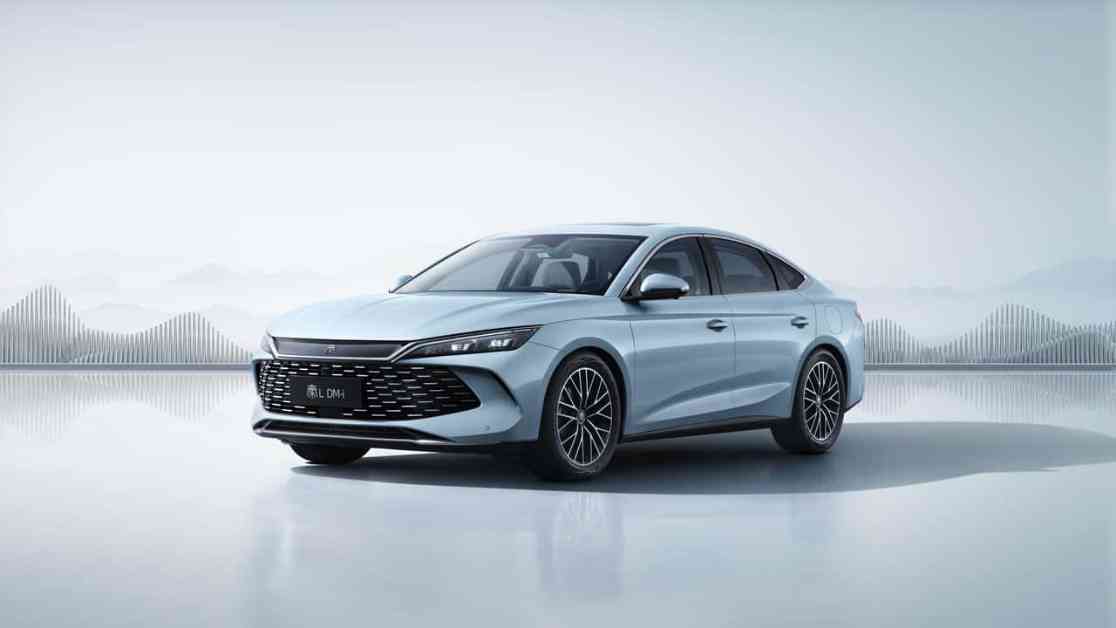BYD is really on the path to global domination. Last week, the brand officially opened its first store in the Caribbean, in Trinidad and Tobago, and plans to expand to Jamaica, Barbados, and the Cayman Islands. But the biggest news for BYD is about the sales of its Qin L PHEV sedan. The brand sold over 5,000 in just three days. This is impressive, but could it be the beginning of the end for small Western sedans in China?
According to CarNewsChina, BYD has been regularly selling the compact PHEV sedans Qin L and Seal 06 since BYD’s president, Wang Chuanfu, personally handed over the first keys to owners on May 28. Since then, BYD stores have been filled with interested buyers signing up and driving off with the sedans.
BYD wants to increase its sales by 2024. The company had its best sales year in 2023, but aims to increase those numbers by 20% in 2024. Despite the slowdown in China, the company has continued to launch new products and expand into other markets in Asia, Latin America, and Africa.
Real-world test results of the Qin L and Seal 06 continue to come in, with Chinese journalists, critics, and influencers attesting to the spectacular fuel consumption of these vehicles. With a few exceptions, most have reached the impressive figure of 80 MPG (2.94 L/100 km), with some even claiming to have exceeded 90 MPG (2.54 L/100 km). While these numbers may not be replicable outside of China’s very specific driving conditions, they are still very impressive for what they are.
These tangible results and the reasonable price of the Qin L and Seal 06 are attracting buyers. Both the Qin L and Seal 06 start at $13,769 (99,800 CNY, approximately 16,658 euros), which, while a good deal, is not far off from the rest of the Chinese market. A similarly sized Toyota Levin starts at roughly the middle of the price range of the Qin L and Seal 06, although it is a gasoline-only model. Nonetheless, some BYD dealers claim they are selling 15 to 16 models per day, with no end in sight. These same dealers say there is at least a 60-day wait for new Qin L models.
This somewhat proves that BYD has really understood what the Chinese market wants and how to effectively deliver it. The Chinese wanted very economical compact sedans at a reasonable price, and the Seal 06 and Qin L seem to be those cars. But this is not good news for Western car manufacturers. For a long time, the Nissan Sylphy (Sentra) has been one of the best-selling cars in China, popular as a rideshare vehicle due to its low cost and spacious rear seat. But the Qin L and Seal 06 are just as cheap, offer the credibility of new energy vehicles (often coming with free or cheap registration in many Chinese cities), and are just as spacious.
Assuming Nissan, General Motors, Toyota, and all those vying for buyers in the small sedan segment in China do not want to be left behind, they will need a credible competitor as soon as possible. If BYD aims to sell 3.6 million cars this year (20% more than last year’s figures), and if sales of the Seal 06 and Qin L continue at this pace, the brand could achieve that goal.





















